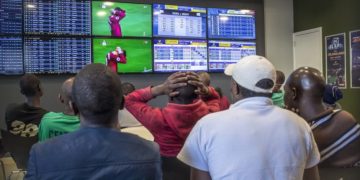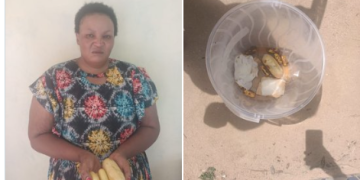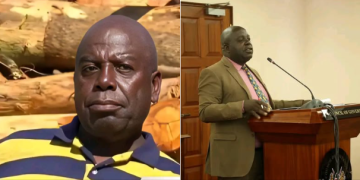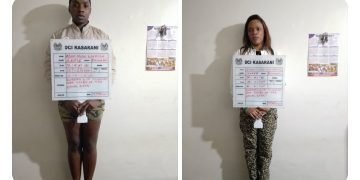The Betting Control and Licensing Board (BCLB) has come out strongly to refute claims that Kenyans spent a staggering Sh766 billion on gambling in the past year, calling the figure wildly exaggerated and misleading.
In a statement released this week, BCLB chairperson Jane Makau said the sensational figure, which has sparked public concern and media headlines, likely includes transactions from unregulated offshore platforms—many of which operate illegally and are beyond Kenya’s regulatory reach.
“This misleads policymakers and the public on the economic reality of licensed operators,” Makau stated. “In fact, taxes related to the gambling sector—including gaming and betting taxes, excise duty on stakes, and withholding tax on winnings—totalled Sh22.3 billion in the 2023/2024 financial year.”
Makau emphasized that the claimed Sh766 billion would account for nearly 31 per cent of Kenya’s total national revenue, a figure she described as “implausible” and disconnected from the true size of the regulated market.
A Growing But Regulated Industry
According to the BCLB, the betting and gambling industry is projected to generate Sh20 billion in government revenue by 2025, reflecting steady but controlled growth.
“This is a sector with real impact—it directly employs over 10,000 Kenyans, indirectly supports half a million livelihoods, and contributes significantly to corporate social responsibility projects across the country,” Makau noted.
She pointed out that the majority of bets are now placed online, with mobile smartphones becoming the dominant gateway into the world of sports betting and online gaming.
Strengthening Oversight, Protecting Kenyans
As part of its ongoing reforms, the BCLB is banking on the Gambling Control Bill, 2023, currently in the legislative pipeline, to further tighten regulation and increase accountability among industry players.
“Technology is now at the heart of our regulatory strategy. We’re using real-time monitoring tools to oversee licensed operators and crack down on illegal sites,” said Makau. “When we detect rogue platforms, we act swiftly with administrative and regulatory sanctions.”
Makau also highlighted the board’s commitment to public education, given the classification of gambling as a “demerit good”—a product with negative societal impacts when consumed excessively or irresponsibly.
The board has launched a nationwide sensitisation campaign aimed at educating the public about the risks of problem gambling. The initiative includes county-level workshops, school programs, media talk shows, and targeted messaging through digital and traditional media platforms.
A Call for Collaboration
Makau underscored that tackling gambling-related challenges requires a collaborative approach involving regulators, industry stakeholders, policymakers, and civil society.
“The current gaming activities demand a united, multi-sectoral response,” she said. “The Board and its partners are committed to protecting vulnerable Kenyans and preserving the social and economic health of our communities.”
As debates around gambling in Kenya continue, the BCLB’s latest communication serves as both a fact-check and a blueprint for how the country intends to manage a fast-growing but sensitive industry—balancing economic potential with social responsibility.











































